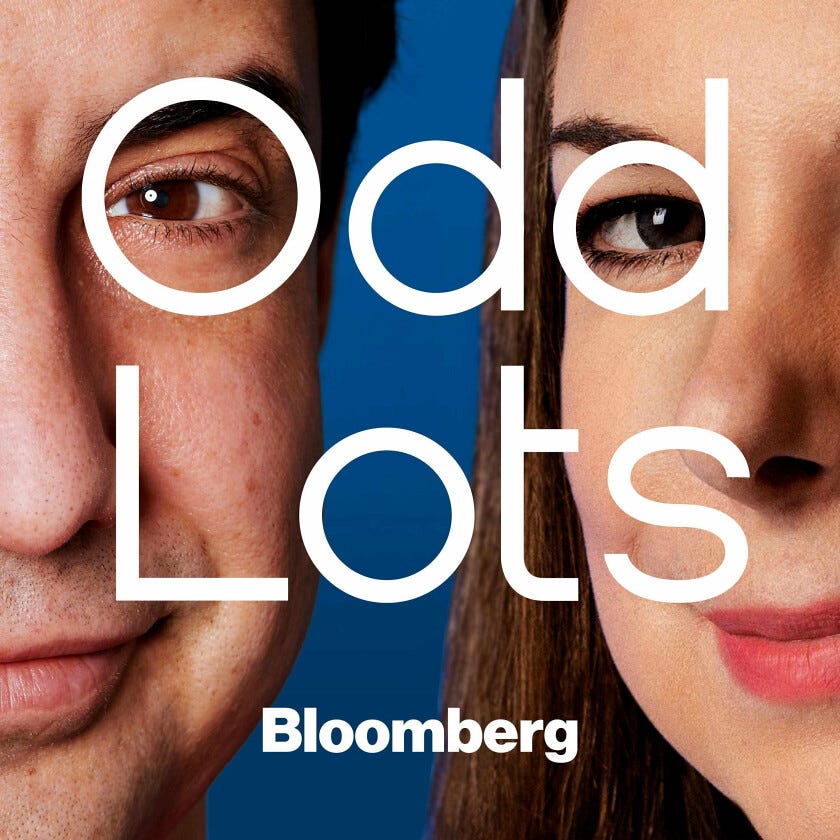Navigating Uncertainty
Another volatile week in financial markets as the risk of a recession is increasing
“Inflation is always and everywhere a monetary phenomenon in the sense that it is and can be produced only by a more rapid increase in the quantity of money than in output.”
Milton Friedman
This week, retail stocks like Walmart and Target got hammered following disappointing results. These results show that consumer demand is starting to crack, which would confirm that the US is heading to a recession (US GDP growth in Q1 was already negative).
In his 10-chart weekly post, Charlie Bilello provides a particularly good overview of what is happening with financial markets and the economy.
Here is what is happening: After the Fed printed an unprecedented amount of money during Covid and the US government distributed it to the population in the form of stimulus checks, the US consumer is now under financial stress. While personal saving rate exploded during Covid, it is now down to just 6.2%, which is below what it was before Covid. This means that the US consumers is currently spending 93.8% of its disposable income, leaving little room to save for a rainy day. The main culprit is, of course, inflation.
While central banks can create money, they cannot create wealth. Money is just an accounting system designed to efficiently allocate resources, goods, and services in the economy. But increasing the quantity of money does nothing to increase the economic output, which is the real measure of wealth.
The writing was on the wall since May 2020. The Chairman of the US Federal Reserve couldn’t be clearer about what he was doing.

Now the Fed is about to start removing some of the money it injected into the system. If you want to understand how the Fed is going to do that and what are the implications, listen to the interviews of Brent Johnson I included in my newsletter last week.
Interview of the Week
Odd Lots | Bridgewater’s Greg Jensen on Why Markets Have Further to Fall
Greg Jensen is the co-chief investment officer of Bridgewater Associates, the world’s largest hedge fund with more than $150 billion of assets under management. In this episode, he discusses how he is thinking about the risks of inflation and slower growth, what it all means for markets, and how Bridgewater is preparing for it. As he puts it, market prices are still too optimistic relative to the secular change that's taking place within them.
Macro Corner
We Study Billionaires | Investing Legend Bill Miller On Amazon, Bitcoin, & Buffett
Bill Miller is a billionaire hedge fund manager who famously beat the S&P 500 for 15 years in a row. He talks about the enticing bargains he sees in today’s beaten-down market and why Amazon and Bitcoin account for more than 80% of his personal portfolio. He explains why he is so bullish on Bitcoin, which he began buying at $200, and why he thinks Warren Buffett is wrong to disdain it.
Hidden Forces | How to Trade the Great Rotation from Big Tech to Commodities | Tony Greer
Tony Greer, the founder of TG Macro, an independent research firm, explains his framework on some of the big-picture trends driving markets and the economy. He explains why he sold all his tech stocks during the pandemic and why he is now positioning his portfolio heavily on commodities.









